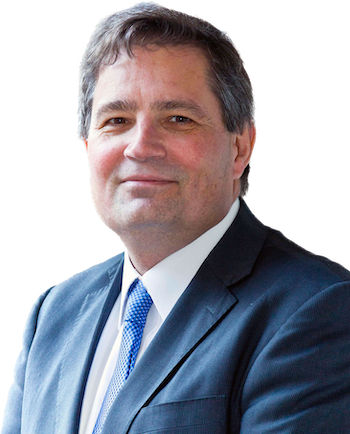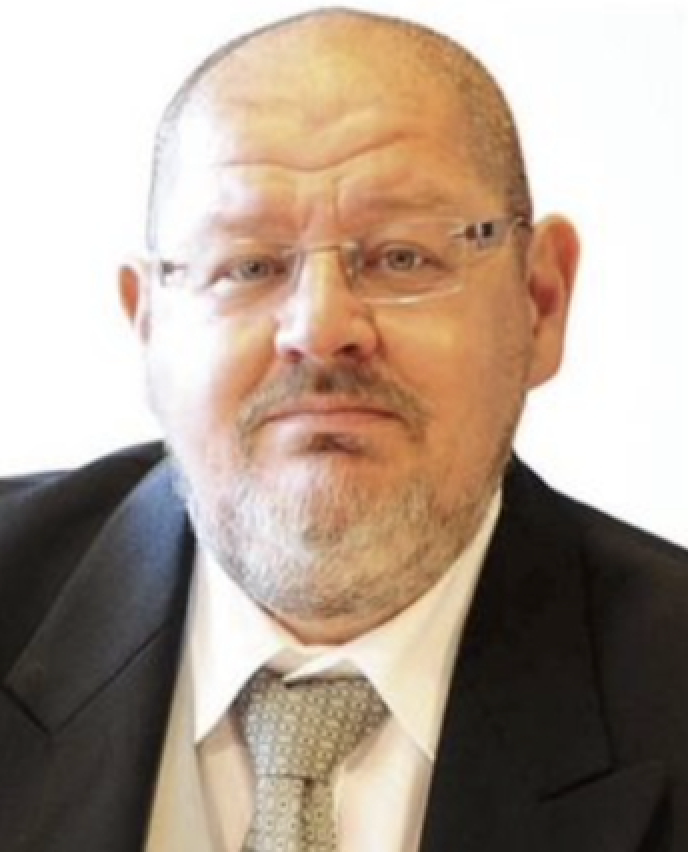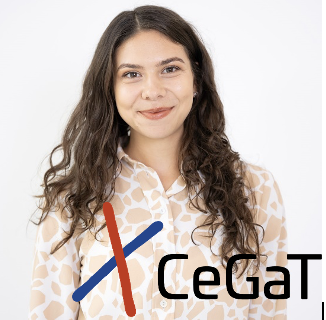
The Interdisciplinary Doctoral School at Transilvania University of Brașov hosts the 2024 Doctoral Conference, to be held at the Sergiu T. Chiriacescu Aula on June 26-27, 2024.
The doctoral conference is intended to be a scientific forum for doctoral students to present their ongoing research, discuss their research questions, goals, methods, and results with colleagues and experts from among the university’s academics. The conference is open to all doctoral students, including those who are in the early stages of their doctoral work. Thus, the participants can opt for one of the following presentation types:
- a research paper (published or prepared for publication);
- a scientific report (as part of their doctoral programme);
- their doctoral research plan (for first-year students).
The language of the conference is English, but presentations in Romanian can be accepted where relevant.
The conference includes two plenary speeches offered by reputed scholars and two workshops. During the presentation sessions, constructive discussions will be encouraged for doctoral students to gain new insights and receive feedback on their research. At the same time, the conference aims at stimulating the exchange of ideas and experiences by enabling networking with peers, professors and researchers. Beyond the academic environment, the festive dinner is thought to be an opportunity to communicate informally and get to know better other doctoral students.
All presenters will receive certificates of participation and will have the opportunity to publish the presented research article (if not already published) in one of the IDB-indexed journal series of Bulletin of Transilvania University of Brașov.
No fee is required for any of the conference events.
The deadline for sending the electronic Registration form is the 20th of May 2024.
1. Research in the Era of Artificial Intelligence: Risks or/and Benefits?
presented by George Tsatsaronis, Vice President Elsevier

Dr. George Tsatsaronis is Vice President of Data Science at the Operations division of Elsevier, in Amsterdam, The Netherlands. Prior to joining Elsevier in 2016 he worked in academia for more than 10 years, doing research and teaching in the fields of machine learning, natural language processing and bioinformatics in universities in Greece, Norway and Germany. He has published more than 60 scientific articles in high impact peer review journals and conference proceedings in various areas of Artificial Intelligence, primarily natural language processing and text mining. In Elsevier, Dr. George Tsatsaronis is responsible for the design, implementation, deployment and quality assurance for several of Elsevier’s machine learning solutions and capabilities.
2. How to successfully contribute to the world of scientific publishing
presented by Henrik Rudolph, Editor-in-Chief, Applied Surface Science (Elsevier)

Dr. Henrik Rudolph (Frederiksberg, Denmark 1958) received a BA in Chemistry and a MSc in Physics from the University of Copenhagen and subsequently obtained a PhD from California Institute of Technology (USA). In 1990 he joined Utrecht University (the Netherlands) as an associate professor of physics and in 2001 he became full professor in atomic and molecular physics. Since 2012 he is employed by the Ministry of Defense of the Netherlands. His research interests include plasma surface interactions, functionalization of surfaces as well as detailed chemical reactions at surfaces.
3. Spin Wave Based Computing: The Road from Gates to Circuits
offered by Sorin Cotofana, Politechnica University of Bucharest, Romania/Delft University of Technology, the Netherlands

Sorin Cotofana received the MSc degree in Computer Science from the "Politechnica" University of Bucharest, Romania, and the PhD degree in Electrical Engineering from Delft University of Technology, The Netherlands. He is currently with the Electrical Engineering, Mathematics and Computer Science Faculty, Delft University of Technology, Delft, the Netherlands. His current research is focused on: (i) the design and implementation of dependable/reliable systems out of unpredictable/unreliable components; (ii) ageing assessment/prediction and lifetime reliability aware resource management; and (iii) unconventional computation paradigms and computation with emerging nano-devices.
He (co) authored more than 300 papers in peer-reviewed international journal and conferences, and received 12 international conferences best paper awards, e.g., 2012 IEEE Conference on Nanotechnology, 2012 ACM/IEEE International Symposium on Nanoscale Architectures, 2005 IEEE Conference on Nanotechnology, 2001 International Conference on Computer Design. He served as Associate editor for IEEE Transactions on CAS I (2009-2011), IEEE Transactions on Nanotechnology (2008-2014), member of the IEEE Journal on Emerging and Selected Topics in Circuits and Systems Senior Editorial Board (2016-2017), Steering Committee member for IEEE Transactions on Multi-Scale Computing Systems (2014-2018), Chair of the Giga-Nano IEEE CASS Technical Committee (2013-2015), IEEE Nano Council CASS representative (2013-2014), Associate Editor for IEEE Transactions on Computers (2019-2022), CASS Distinguished Lecturer (2019-2022), and has been actively involved as Reviewer, Technical Program Committee (TPC) member, and TPC (track) and general (co)-chair, in the organization of numerous international conferences. He is currently Editor in Chief for IEEE Transactions on Nanotechnology and CAS Board of Governors member (second mandate). He is a Fellow IEEE member (Circuits and System Society (CASS) and Computer Society).
In this presentation we provide an overview of recent efforts to develop computing systems based on spin waves instead of charges and voltages. Note that Spin-wave computing can be considered a subfield of spintronics, which uses magnetic excitations for computation and memory applications. We start with an introduction to magnetic interactions, spin-wave physics, and basic spin-wave computing mechanisms. Subsequently, we review individual spin-wave devices while focusing on spin-wave majority gates as they are the most prominently pursued spin-wave device concept. Afterwards, we discuss the state-of-the-art and the challenges to combine spin-wave gates to obtain circuits and ultimately computing systems, by considering essential aspects, e.g., gate interconnection, logic level restoration, input-output consistency, and fan-out achievement. Then, we argue that spin-wave circuits need to be embedded into conventional complementary metal-oxide-semiconductor (CMOS) circuits to obtain complete functional hybrid computing systems and discus the potential performance of such hybrid spin-wave-CMOS systems and challenges towards their practical realization. Our estimates indicate that hybrid spin-wave-CMOS systems exhibit ultralow-power operation and may ultimately outperform conventional CMOS circuits in terms of power-delay-area product. Finally, we briefly present the SPIDER project (EC contract number 101070417) approach, which is the first ever attempt to experimentally demonstrate the feasibility of hybrid spin-wave-CMOS systems.
4. Workshop in Statistics: Introduction to Bayesian Inference
offered by George Gunnesch-Luca, University of Bucharest, Friedrich-Alexander University Erlangen-Nürnberg

Dr. George Gunnesch-Luca is a lecturer in the Department of Psychology and Cognitive Sciences at the University of Bucharest and a guest researcher at the Friedrich-Alexander University Erlangen-Nürnberg, Germany, with experience in research and education, focused on organizational psychology, group dynamics and methodology advanced statistics.
In addition to his academic work, Dr. Gunnesch-Luca has participated in important research projects, having a key role in the evaluation of studies and educational programs. His expertise includes intelligence, personality, organizational behavior, methodology and statistics, Bayesian estimation and inference.
This workshop is intended for doctoral students interested in deepening the concepts and techniques of Bayesian statistics, with a special emphasis on research applicability. Participants will explore the theoretical foundation of Bayesian inference, including probability distributions, Bayes' theorem, and the concept of Bayesian inference. Through case studies and practical applications, the workshop aims to provide a deep understanding of how Bayesian statistics can improve data analysis and interpretation.
5. Workshop in Academic Writing: How do you write so that everyone will listen?
offered by the Academic Writing Centre of UNITBV

The workshop addresses PhD students and is aimed at helping them identify the most efficient strategies to write an impactful presentation of their scientific results and build on this experience in their future research.
6. Presentation and discussion: "Genomic Revolution: Innovative Research through Next-Generation Sequencing"
offered by Dr Oana Voloaca, CeGaT (Germany)

After completing her Biomedical Sciences degree in Sheffield, UK, Oana Voloaca was awarded a PhD in Cancer Biology from Sheffield Hallam University. She subsequently worked for Thermo Fisher Scientific before joining CeGaT as Business Manager for Romania and Bulgaria.
Intro to CeGaT: CeGaT is a world leader in genetic analyses for a wide range of medical, research, and pharmaceutical applications. Since 2009, they have been helping doctors and patients find the genetic causes of rare diseases. They provide researchers and pharmaceutical companies with genetic analysis for clinical trials and medical innovation.
Join CeGaT for an insightful presentation, exploring the fundamentals and diverse applications of Next-Generation Sequencing (NGS). This session will cover the core principles of NGS technology, providing a comprehensive understanding of how it works. Additionally, attendees will explore the impact of NGS across various fields, including medical diagnostics, rare disease research, and pharmaceutical development. Learn how NGS is revolutionizing research methodologies and driving innovative solutions in diagnostics, prevention and medical advancements. Whether you're new to NGS or looking to deepen your knowledge, this presentation offers insight into incorporating NGS into your research.
Prof. Dr. Mona Arhire, Director of the Interdisciplinary Doctoral School
Prof. Dr. Eng. Cătălin Alexandru - Director of the Council for Doctoral University Studies
Teodora Pănoiu - doctoral student
Oana Rușanu - doctoral student
Ana Dincă - doctoral student
Sergiu Florea - doctoral student
Ioana Netcu - doctoral student
26 - 27 June 2024 , Transilvania University of Brașov, Interdisciplinary Doctoral School , Sergiu T. Chiriacescu Aula, Address: 41A, Iuliu Maniu St., Brașov
Day 1 – 26 June 2024
08:30 Registration
09:00-09:30 Welcome session
09:30-10:30 Plenary Speech 1
10:30-11:00 Coffee break
11:00-13:00 Concurrent sessions
13:00-14:30 Lunch break
14:30-16:30 Concurrent sessions
16:30-17:00 Coffee break
15:30-19:30 Workshop: Applied statistics
20:00 Festive dinner
Day 2 – 27 June 2024
09:00-11:00 Concurrent sessions
11:00-11:30 Coffee break
11:30-12:30 Plenary Speech 2
12:30-14:00 Lunch break
14:00-16:00 Concurrent sessions
14:00-15:00 Presentation CeGat
15:00-16:00 Plenary Speech 6
16:00-16:30 Coffee break
16:30-19:30 Concurrent workshops:
- Academic Writing (EN)
- Scriere academică (RO)
16:30-18:30 Doctoral studies: Info session for Master’s Students



